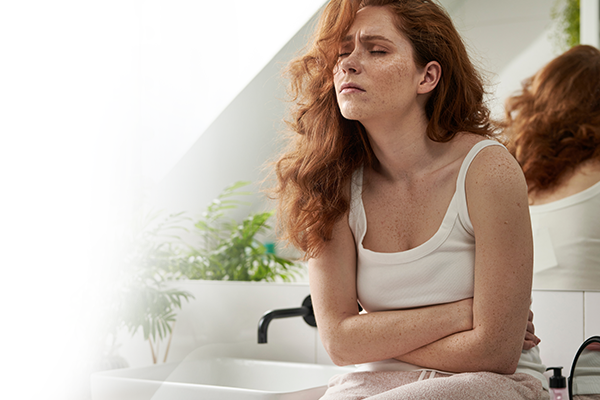Many women wonder when their first postpartum period will appear and whether it will be similar to the pre-pregnancy period. However, it is impossible to answer these questions unequivocally. Find out whether postpartum ovulation always goes hand in hand with menstruation and whether breastfeeding is a good method of preventing another pregnancy.
First menstrual period after childbirth-when it occurs
Every woman is different and goes through the postpartum period in a different way, and the body returns at its own pace to its pre-pregnancy state. Therefore, it is difficult to clearly determine when the first menstrual period after childbirth appears. It is assumed that it does not occur during the puerperium, that is, during the first 6-8 weeks after the birth of the child. If bleeding occurs during this time, urgent consultation with a doctor is recommended. This is because it may be related to the remains present in the uterine cavity after delivery. Much depends on whether a woman is breastfeeding her child. The longer regular feeding takes place, the later in most cases menstruation will appear. For some moms, the period returns even a year after delivery. It depends on, among other things. From high levels of prolactin in the body of a nursing woman. However, it happens that even with exclusive breastfeeding of the baby, menstruation may occur, which, of course, is not a contraindication to continue feeding the baby.
First menstruation after childbirth-is it different from before?
Postpartum menstruation may look the same as before or differ from the pre-pregnancy period. Everything is an individual issue for the woman in question. Until recently, childbirth was thought to “cure” heavy and painful periods. However, this is not the rule. Postpartum periods may also appear irregularly, especially if a woman is still breastfeeding her baby. However, if something worrisome appears, it is worth visiting a gynecologist. Once your periods stop, a pregnancy test is recommended.
First period after childbirth- ovulation after childbirth
Many people believe that the absence of menstruation after childbirth means the absence of ovulation. Some view breastfeeding as “natural” contraception. However, it is important to remember that high levels of ovulation-blocking hormones persist only if you breastfeed regularly and exclusively. Therefore, lactation cannot be treated as a method to protect against another pregnancy. This is especially important after a cesarean section, when another pregnancy in close proximity to delivery is discouraged. For breastfeeding women, recommended contraception includes. Single-ingredient pill, however, it is worth asking your gynecologist about the best method for you.
Rate this article:











